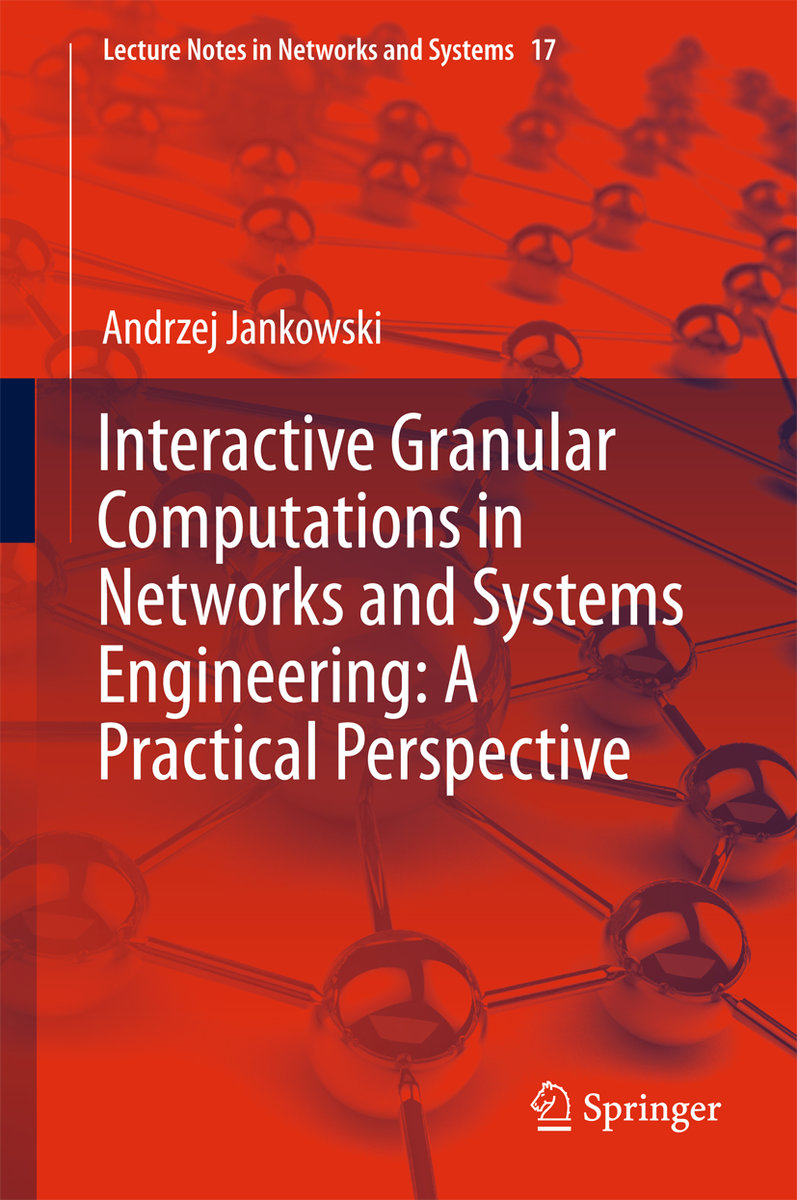The book outlines selected projects conducted under the supervision of the author. Moreover, it discusses signiï¬cant relations between Interactive Granular Computing (IGrC) and numerous dynamically developing scientiï¬c domains worldwide, along with features characteristic of the author´s approach to IGrC. The results presented are a continuation and elaboration of various aspects of Wisdom Technology, initiated and developed in cooperation with Professor Andrzej Skowron. Based on the empirical findings from these projects, the author explores the following areas: (a) understanding the causes of the theory and practice gap problem (TPGP) in complex systems engineering (CSE);(b) generalizing computing models of complex adaptive systems (CAS) (in particular, natural computing models) by constructing an interactive granular computing (IGrC) model of networks of interrelated interacting complex granules (c-granules), belonging to a single agent and/or to a groupof agents;(c) developing methodologies based on the IGrC model to minimize the negative consequences of the TPGP. The book introduces approaches to the above issues, using the proposed IGrC model. In particular, the IGrC model refers to the key mechanisms used to control the processes related to the implementation of CSE projects. One of the main aims was to develop a mechanism of IGrC control over computations that model a project´s implementation processes to maximize the chances of its success, while at the same time minimizing the emerging risks. In this regard, the IGrC control is usually performed by means of properly selected and enforced (among project participants) project principles. These principles constitute examples of c-granules, expressed by complex vague concepts (represented by c-granules too). The c-granules evolve with time (in particular, the meaning of the concepts is also subject of change). This methodology is illustrated using project principles applied by the author during the implementation of the POLTAX, AlgoTradix, Merix, and Excavio projects outlined in the book.



